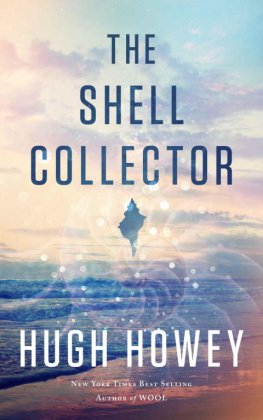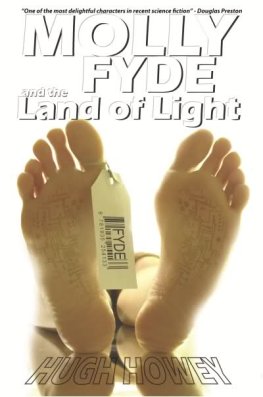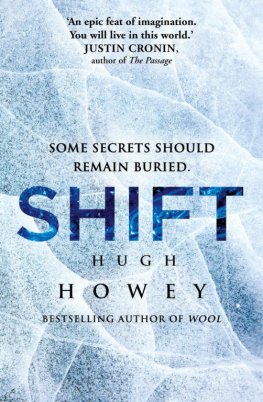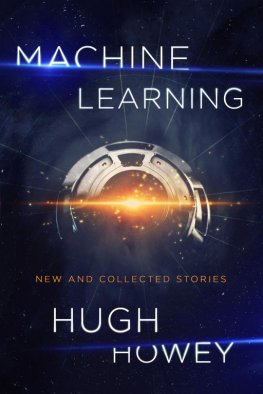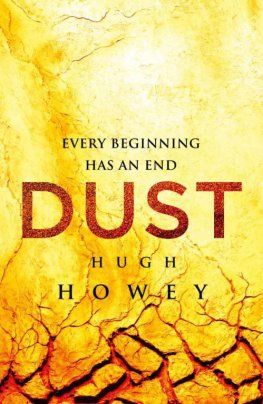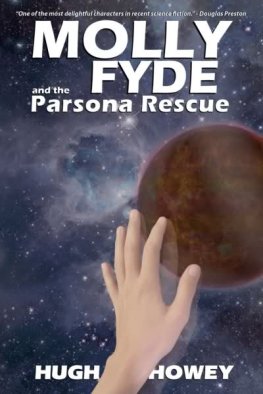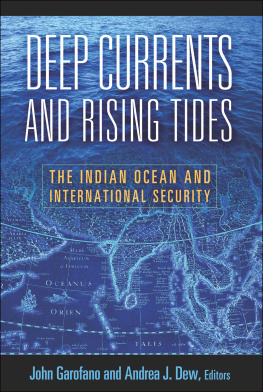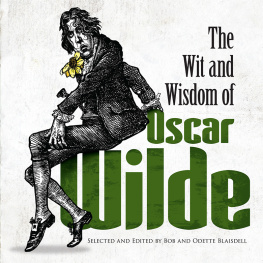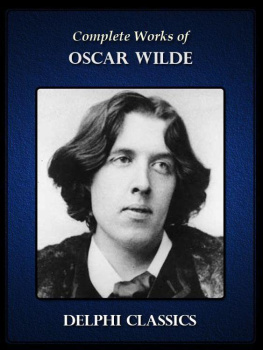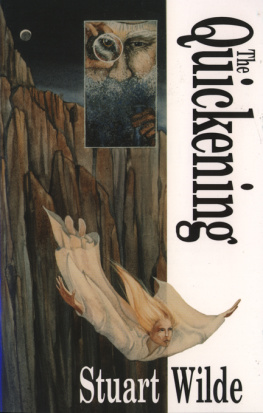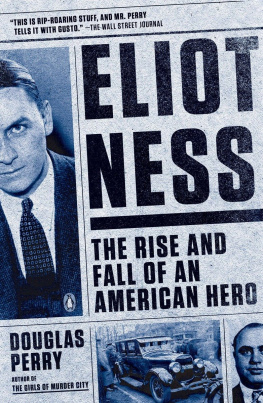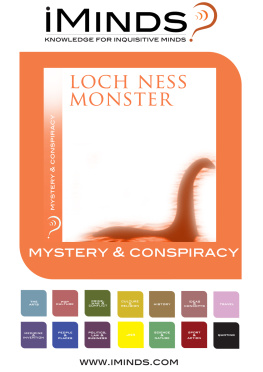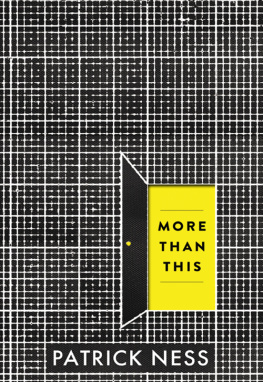Hugh Howey
THE SHELL COLLECTOR
For Stewart Brand and Ryan Phelan
You make the world a better place
The sea is emotion incarnate. It loves, hates, and weeps. It defies all attempts to capture it with words and rejects all shackles.
Christopher Paolini
My earliest memory of the beach is of it being a harsh place for a wheelchair. I remember the ruts the rubber tires made, how the sand grabbed and tugged. My mom would cuss and struggle and lean against the handles to get Grandma down to the sea foam and shells, close enough that she could hear the waves crashing. I would try to help, but I mostly got in the way. I remember the sweat dripping from my mothers nose and evaporating off the hot sand while Grandma sat wrapped in her blanket. She was always cold toward the end.
The shells were hard to find back then, but not impossible like today. Mom would tell us stories of what the beach was like in her time, and every now and then Grandma would tell us older stories still. Stories of bounty. Of seas teeming with fish, beaches crawling with crabs, skies dotted with birds.
She would whisper of shells with minor flaws that were left behind, of days when shellers picked over all that washed up and tumbled in the surf. I remember thinking Grandma had lost her wits the way Grandpa had before he died. I remember wandering down the beach, just six years old, hunting for shells rather than watch her waste away, rather than listen to stories of a world I did not believe in. A living world.
They say cancer runs in the family. In our family, it doesnt run so much as chase. It caught my mom the year I turned thirty. I feel like I became her as I watched summer sweat drip from my own nose, her turn to shiver beneath a blanket, crooked ruts in the sand stretching behind us toward the boardwalk.
It didnt feel right, going through that a second time. It didnt feel right, being in my moms skin, feeling what shed felt those years before. It was the sudden realization that my dying granny, who had been distant and alien to me, was my moms mom. The sudden realization that she had been anyones mom or anyones daughter. I never knew until I had to push my mother through that blasted sand and saw how more than half-buried wheels go in painful circles.
Sweat and tears and sunscreen. Stories about the shells we remembered.
My mother was from Antigua, a small island in the Caribbean. She used to say her greatest find was my father, this crazy white shell who washed up on the beach one day. She said if you put your ear up to him you could hear traffic and car horns and people from Boston talking funny. She said they were made for each other like the wind and the sea. Opposites, but unable to be apart.
Mom had this amazing way of describing the world, of seeing the interconnectedness of all things. She called her wheelchair the stroller, said wed come right back to where wed started, her and me. But the part that tore me up about this cycle was the hole I could feel in the pit of my being. It was the missing child who was not scurrying about, not getting in the way, not there at all. Because Michael and I had lost her. And because of that, wed lost whatever connection we had between us.
I knew it was over when he called me a shell. He said there was nothing alive inside me, that there couldnt be. He was drunk at the time, which maybe means he didnt believe what he was saying, or maybe means he finally spoke the truth. Either way, I couldnt forgive him. Because part of me agreed. It was the shameful part of me that thought I was broken, the part that grew up bombarded by insults because of my mixed race, the part that heard it often enough when I was young and impressionable that I couldnt let it go, no matter how hard I tried.
Because of our loss, there was no child to run along the beach with me and my mom as she wasted away in her wheelchair. There was no one there to hold. No one to have cling to my neck the day she passed away by the sea foam. There was no one to stay with her while I ran back to the car to fetch my phone. No one for me to comfort, to tell that it would be all right.
But that wasnt why I bawled that day. It wasnt why I screamed and shook my fist at the dead sea and the dead all around me and the dead space within me. It was for selfish reasons that I cried. There should always be another generation confused by the sadness, so new to life that dying is alien, tottering down the beach, looking for treasures among the swaths of broken shells.
I bawled that day because it hit me with the surety and finality of cancer: when my time comes, there wont be anyone to push ruts through the hot sand, no one to help me out of the car, no one to tuck in my blanket when I get a chill. Ill die beyond the boardwalk, alone, with not even the crashing sea to comfort me.
Part I:
We Dont Belong Here
The trees are a decadence. They line the gravel driveway on either side, staggered to look like they march on forever. Oaks, cherries, willows, and palms. They dont belong here, the palms. They were probably grown down in the Carolinas, or even farther south. I have no idea how they survive the Maine winters. Perhaps they dont. Perhaps these are million-dollar annuals whooshing by.
I consider the expense of transporting mature trees, one by one, and all the labor involved. Flatbeds rumbling up the interstate with wide load signs on the back. Or barges tugged up the coast and unloaded with giant cranes. All for trees that will succumb to the next ten-year storm or the next super freeze. Just to decorate the impossibly long driveway of a filthy rich man. Just to stand there as a giant screw-you to reality, a bold claim that seems to say: Your world has gone to ruin, but not mine. I can afford to make any world I choose.
Its excesses like these that brought me here to destroy a man.
Its the palm trees; its the shells in my purse; its all the things that dont belong here, including me.
The tires of my beat-up electric car crunch down the miles-long gravel road. I flinch with every pebble that kicks up against the underbody. I hate driving out of the city. The offer to be flown out on Wildes helicopter seems less insane now, almost worth swallowing my pride for, almost worth the ridiculousness of it all. Other reporters have probably said, Yes. Hell yes. And why wouldnt they? How many came out here hoping to get screwed rather than to do the screwing?
A rock hits beneath my seat, and my knuckles whiten on the steering wheel. Ahead, twin rows of crape myrtles dot the road. Theyre losing their flowers. Purple petals ring the trunks, fallen mementos of a past bloom like photos from college years. But unlike people, trees flower again in the spring; they age in great looping circles. We ride a roller coaster once around, shuddering up clacking tracks and then screaming our fool heads off all the way down.
Youre only thirty-two, I remind myself.
I feel every day of it, I think back.
Another guard gate looms into view down the dusty road. Its the second gate Ive had to go through, despite there being no way to access the road between the gates. If the first checkpoint was a testament to seclusion and privacywith its tall, camera-studded walls marching off in either directionthis second blockade feels more like a padlock around a deeply paranoid mind. Why lock away even further what no one is allowed to see?
Ness Wilde used to live in the limelight. He seemed to bask in it for three solid decades, practically since the day he was born. But he hasnt been seen in public in four years. This from a man who once graced the cover of practically every gossip rag and shelling magazine, who was on every other TV channel, who mustve been interviewed a thousand times.

